Written by Darriel McBride
Growing up as a bi-racial woman, during the early 2000s to present, has come with its own set of challenges. Despite growing up in New York, one of the most diverse cities in the world, I was born into a mixed family and culture that struggles with anti-Blackness. While being half Black myself, this was no easy journey for me. Imaginably, it was even harder for those born in the American South, during the 1800s and beyond, who identified as Black and White.
This month marked 154 years since the abolition of slavery. On January 31, 1865, congress passed the 13th amendment. Ratified on December 6, 1865, the 13th amendment abolished slavery in the United States. Many White allies fought for the liberation of slaves during this time, and as unorthodox as it may have appeared, White people still stood in solidarity with Black people–as they inherently should have.

Our participants Lionell Parker, Danita Brooks Parker, and Jessica Walker Wesley, from North Carolina, share their own story as a bi-racial family and one family member’s courage to stand up against fear in the name of justice and family.
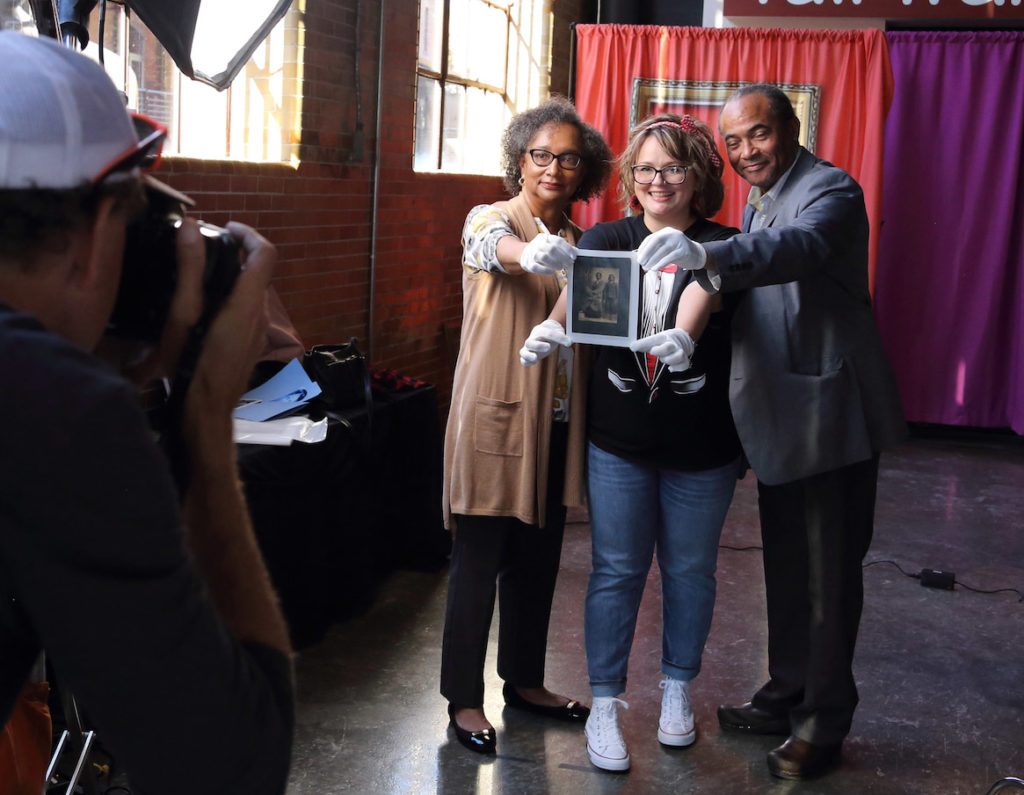
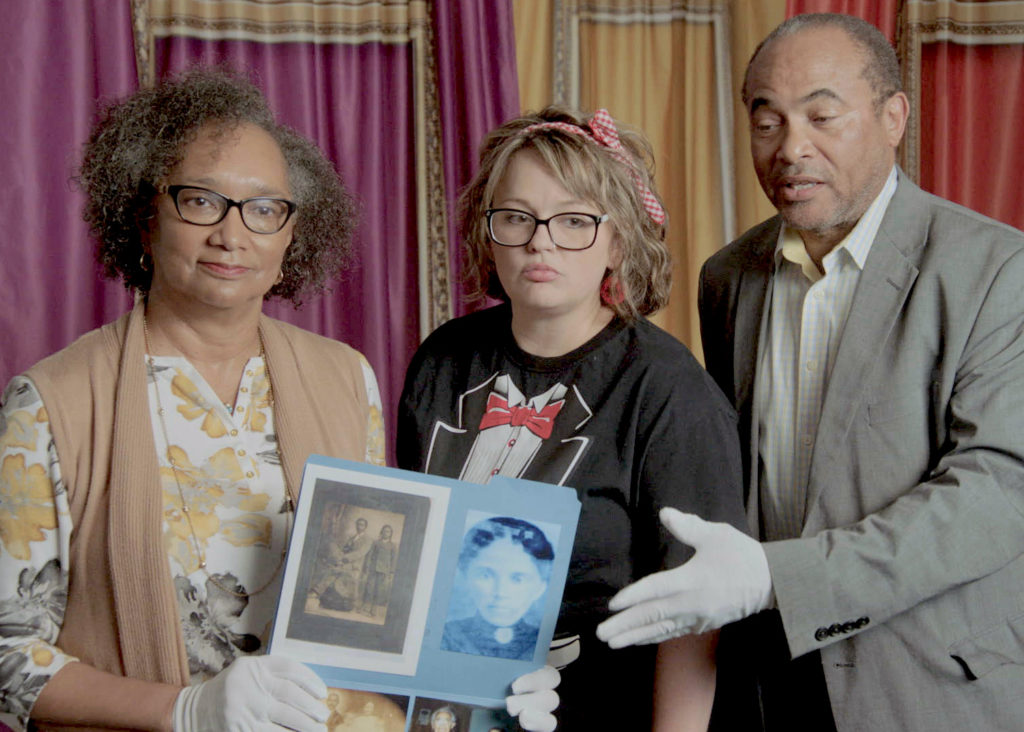
Lionell Parker: Buckley was a Civil War veteran. He had two slave children that he gave to his in-laws because his wife did not want the children to live in the same household. And the slave child, Alex Walker, became Alex Walker Brooks. Alex Walker Brooks married Mary Woods. Mary Elizabeth Woods.
LP: So with Buckley Walker being the great-great grandfather and Alex Walker being the child of Danita’s great-grandfather. So you see how he connected the relationship. So Alex Walker Brooks is Danita’s great-great grandfather.
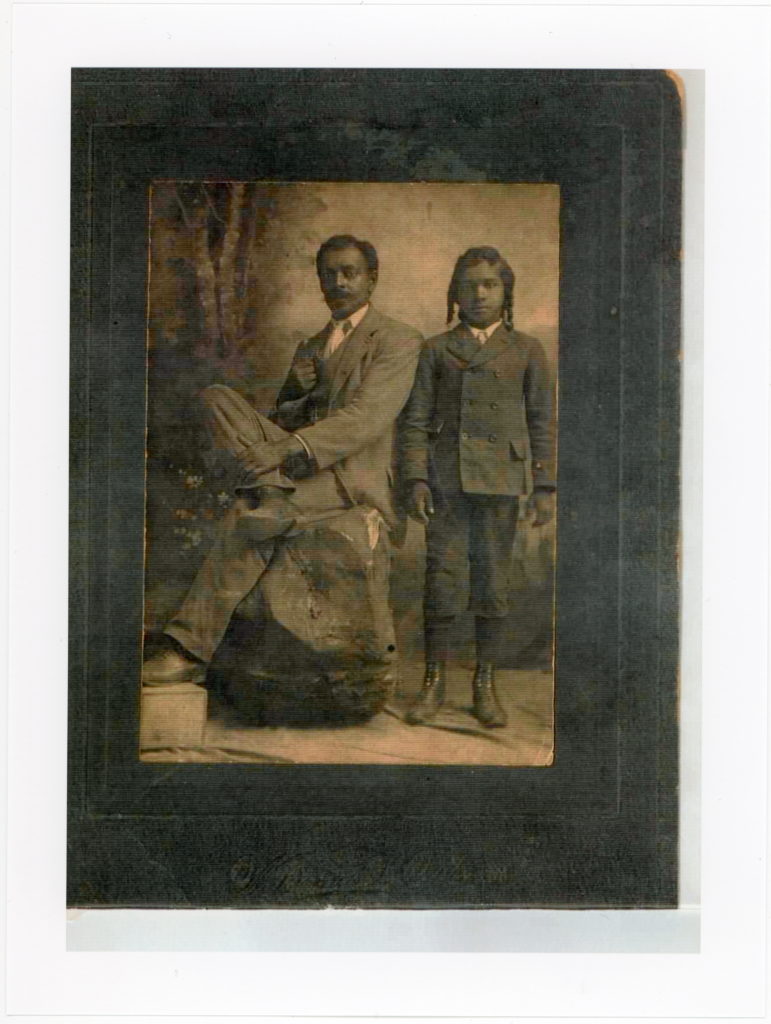
Danita began to explain the historical implications of racial tension in the South.
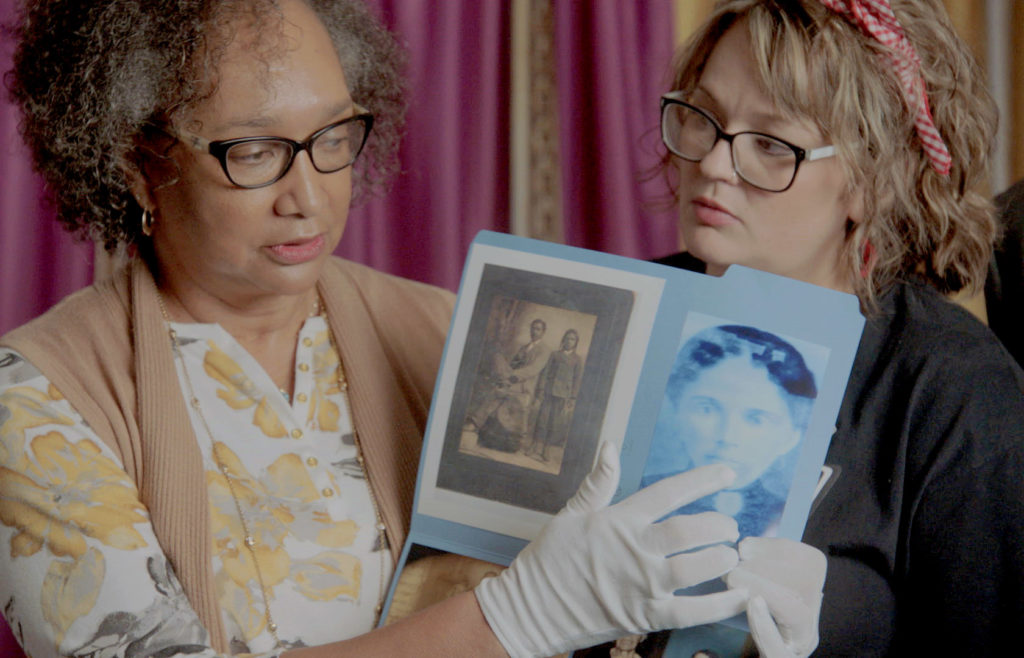
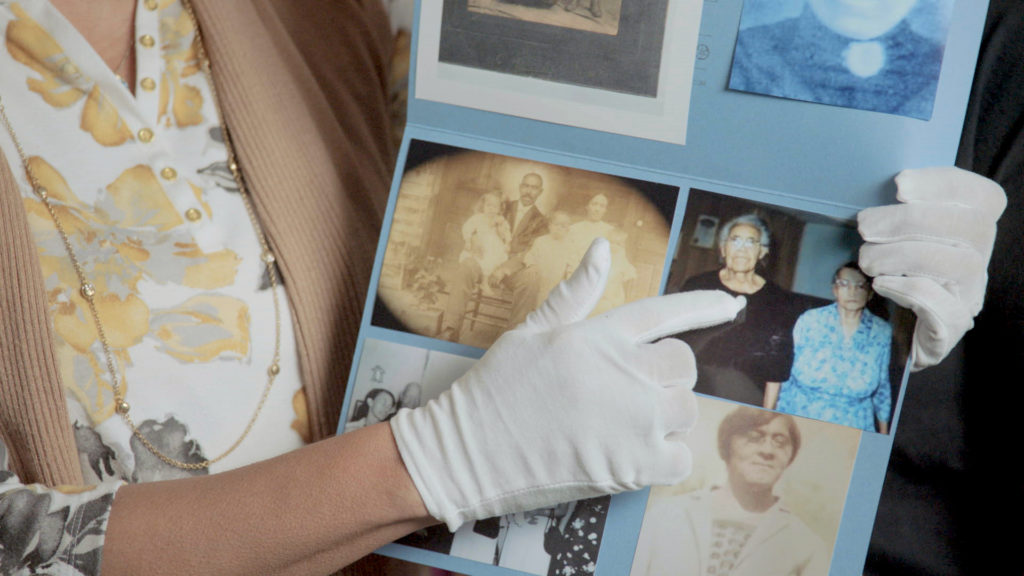
Danita Brooks Parker: Back in those days, people didn’t talk about stuff like this that much. It was just that, I don’t know …
LP: We’re in the south.
DBP: Fear … Yeah fear factor, shame factor whatever you want to call it. Immediate family would know bits and pieces of it but when I asked, I just got that, “well we found him someplace.” We just didn’t go into details about it.
LP: Jessica’s father was somewhat of a liberator and …
Jessica Walker Wesley: Grandfather.
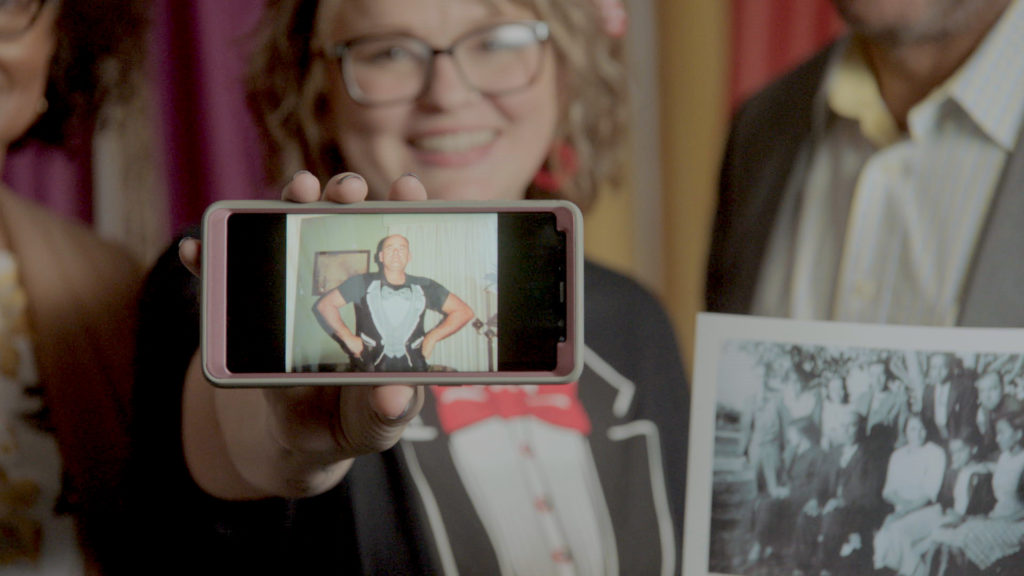
LP: Her grandfather was a liberator kind of a person. He walked on a different side of the road and he would tell it …
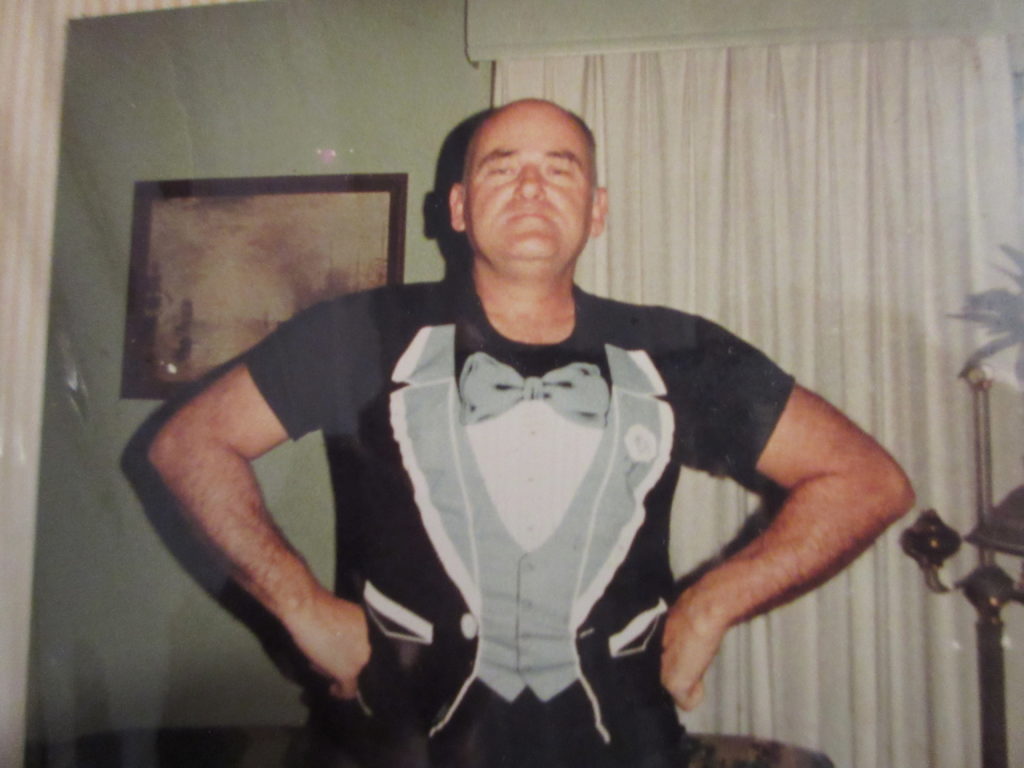
JWW: He wasn’t afraid.
LP: Right. He wasn’t scared as they would say. Back in the day when you had miscegenation, you know laws basically said you couldn’t marry black and white. And even during the census, whereas you see grandma, Ma Brooks, she was a product of a mixed marriage, but the census taker didn’t ask the question other than who, what’s the relationship in the household? Basically her grandfather, her great-grandfather said that this was a servant child and all the children there were servant children, but all of them were mulattos.
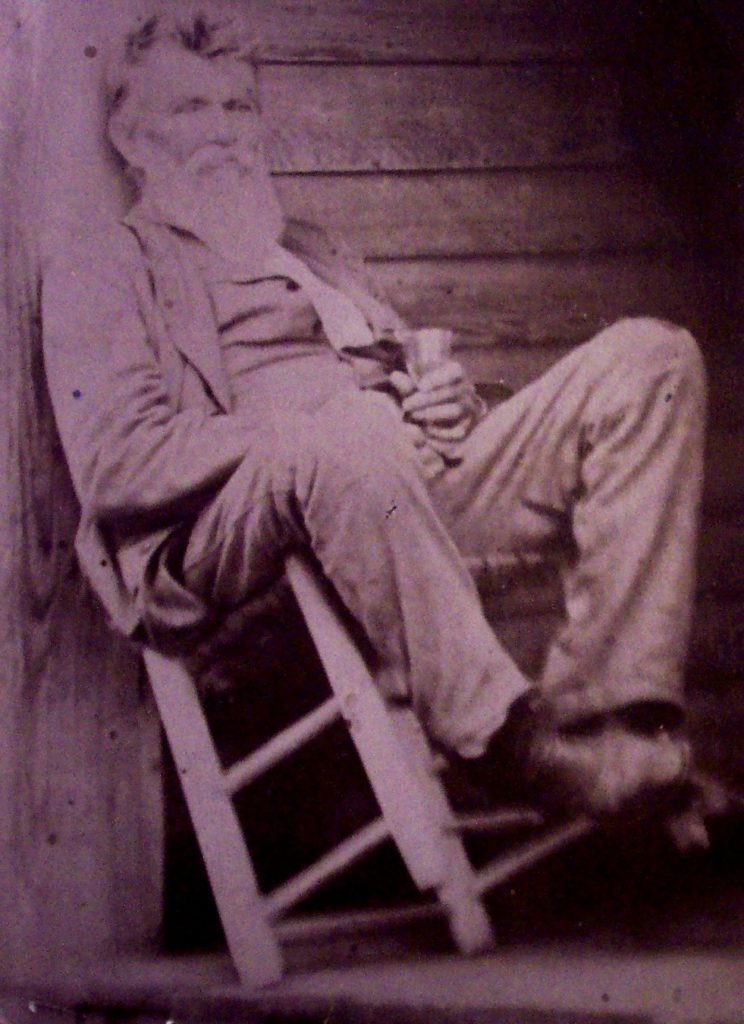
JWW: The Walker side of our families go back to pre-Civil War. And you can find all of our family graves in Person County. I’ve seen their family’s graves and it’s really shocking because they’re their family and you know, you’ll see a grave site with someone’s name and date of birth and their kid who may or may not have been illegitimate or wanted or even just because they were mixed, they didn’t even get a proper tombstone.
JWW: For my grandfather, I think it meant to him that he could give those stones a name. He could say these people, they were our family. They’re our blood. To him that was really important.
The legacy of slavery and the pervasiveness of social injustice still plagues our society today.
We see it in the disproportionate number of Black and Brown people being incarcerated or suffering from homelessness and unemployment. We see it in the indigestible amount of police shootings and missing black children. Yet, it is people like Buckley Walker who prove how powerful family can be.
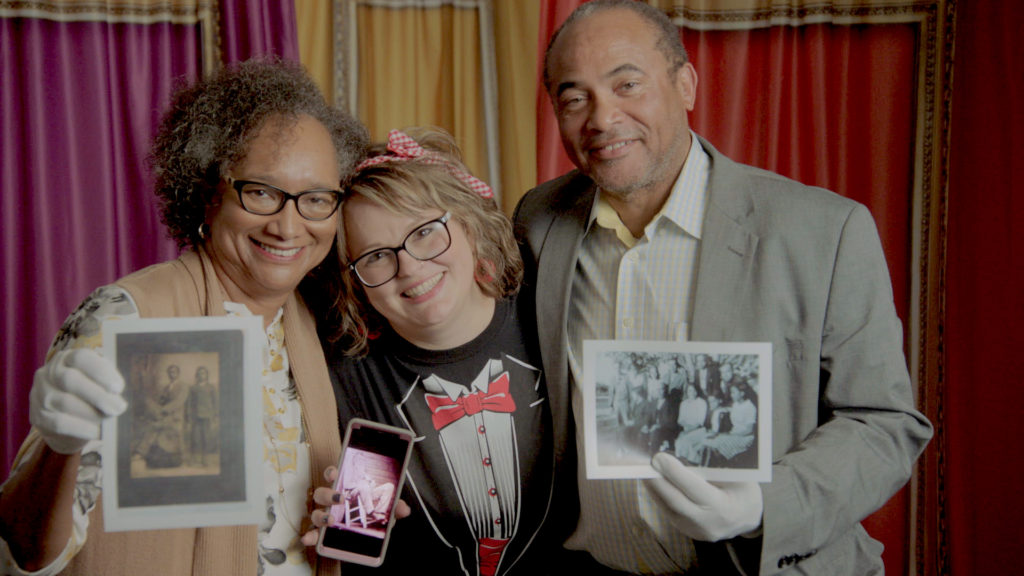
Although we have quite a way to go in the movement toward equity, it is those who have the courage to rise up against fear and stand in solidarity with their fellow humans, that make the world a more promising place to live in.
Visit our Flickr to see more of what went down at our Durham Community Photo Share Event!


No comments yet.